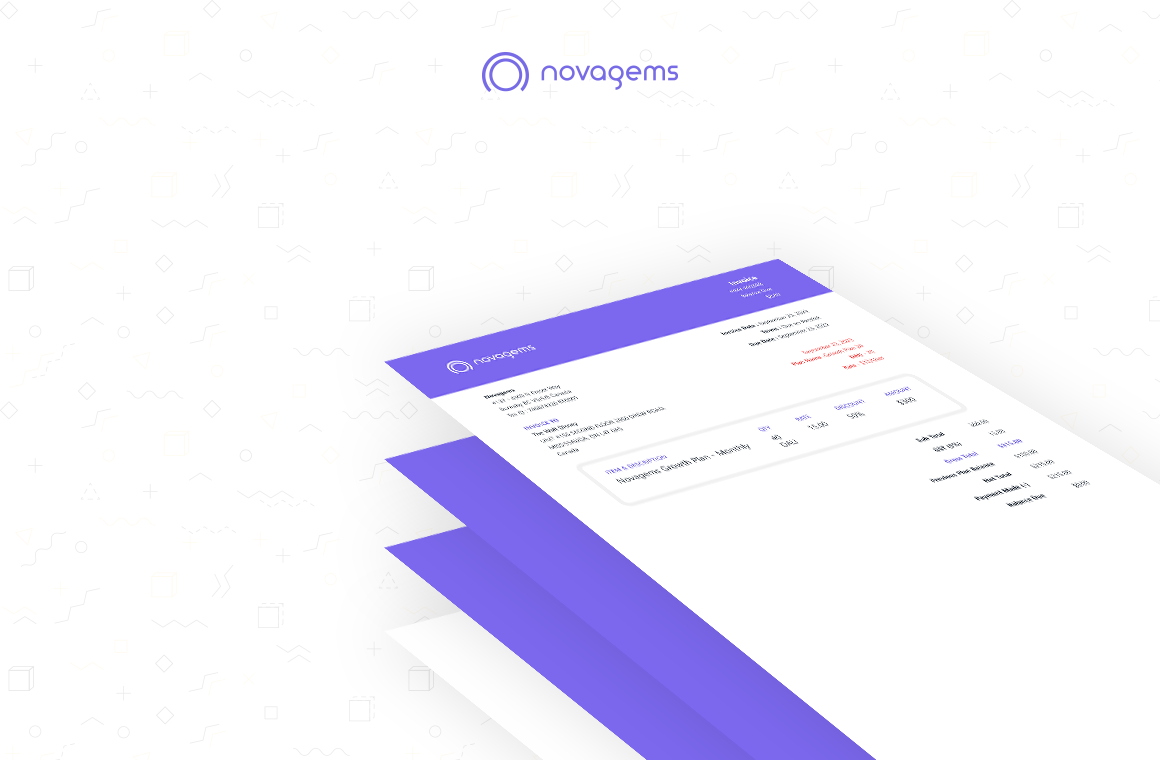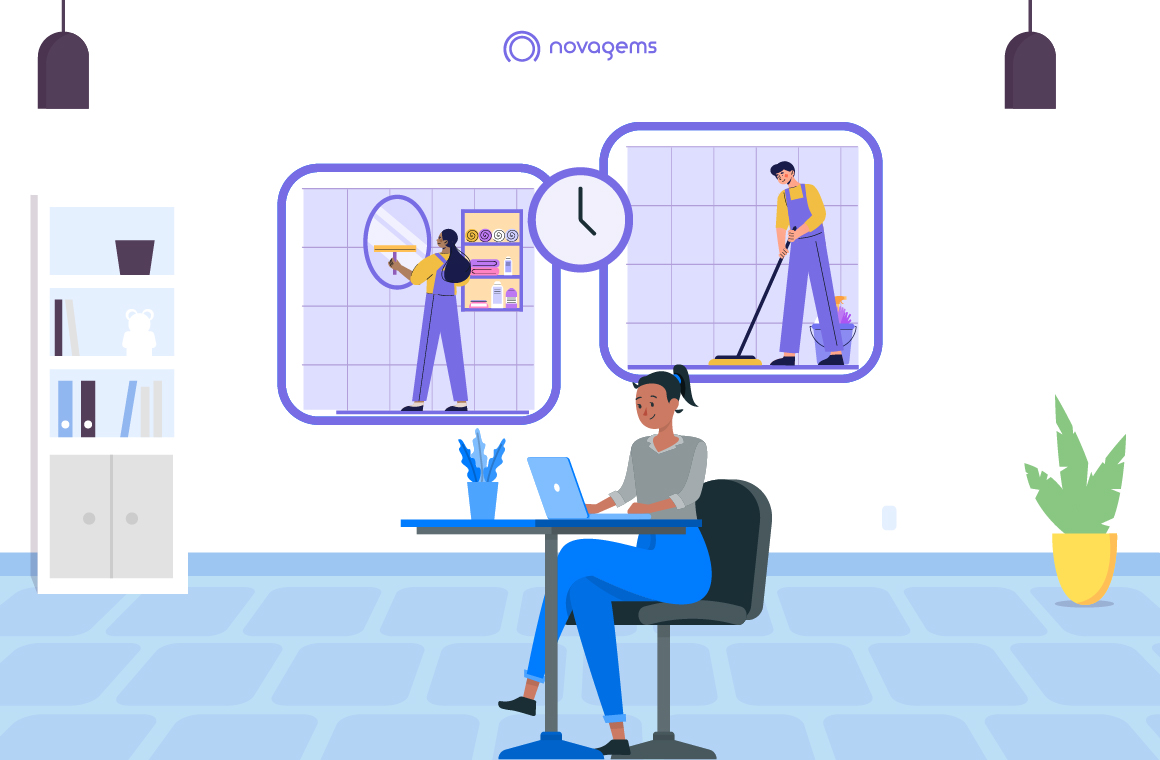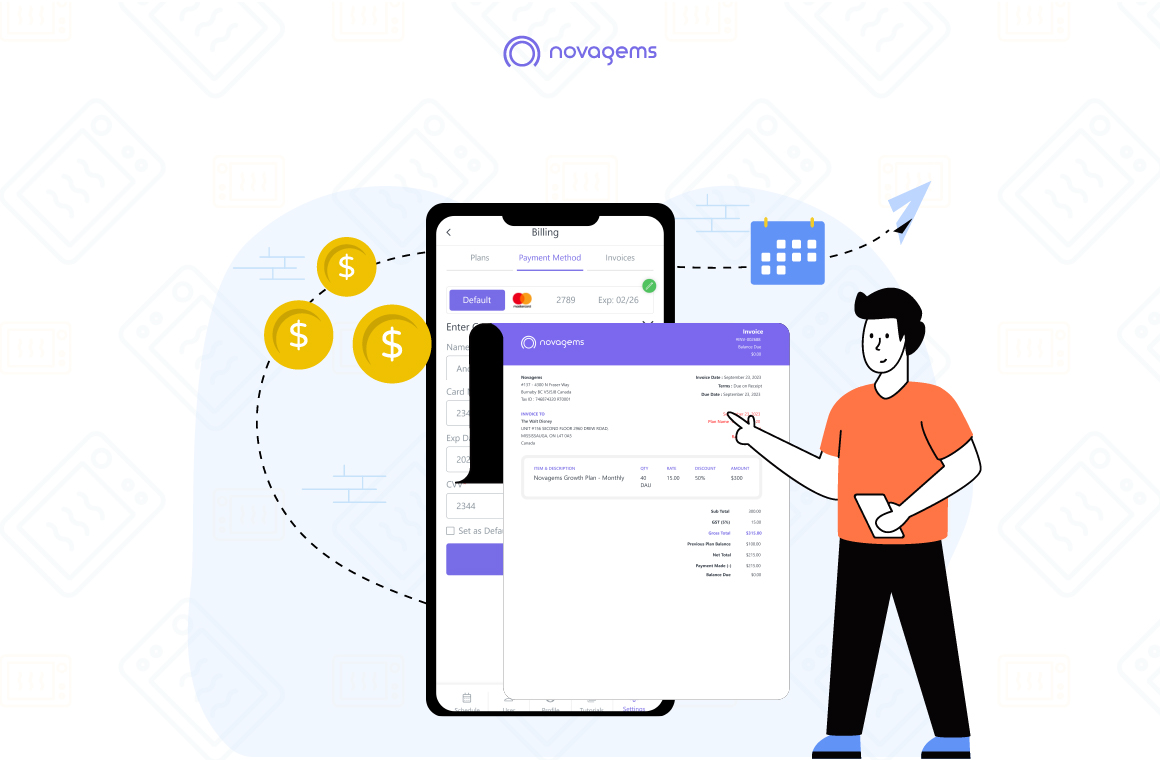Top 5 Trends To Look For In Healthcare In 2024 And How Employers Can Adapt
Wed, Jun 21, 2023
Read in 8 minutes
Discover the top 5 healthcare trends expected to shape 2024 and learn how employers can adapt to these changes. Explore innovative strategies and employer solutions to stay ahead in the evolving healthcare landscape

World has been everchanging past few years. Industries are under constant pressure to evolve and meet the needs of the people and develop the services which work in the best interest of the people. Healthcare industry has been the one industry that has faced the most of the burnt of the covid pandemic. Artificial intelligence in healthcare has taken the industry up by leaps and bounds. People are looking for various sectors where they can use artificial intelligence in their work so that they can shift their attention to other pressing matters.
Employers are adapting to healthcare trends to stay ahead of the competition and manage the patients more diligently. There has been an uprise in the healthcare trends 2024 after there has been an rise in innovation of the healthcare industry. Healthcare industry predictions 2023 have been in talks for quite some time now. There are some distinctive trends we can study.
With artificial intelligence and incorporating it in healthcare has gained significant importance over the years. The healthcare industry is constantly evolving, driven by advancements in technology, changing patient expectations, and shifting regulatory landscapes. To stay ahead in this dynamic environment, healthcare employers must be aware of emerging trends and proactively adapt to them. In this blog post, we will explore the top five trends expected to shape healthcare in 2024. We will also discuss how employers can adapt their strategies and practices to embrace these trends and deliver high-quality care while ensuring operational efficiency.
Trend 1: Artificial Intelligence In Healthcare
AI and machine learning are revolutionizing healthcare by streamlining operations, enabling personalized care, and facilitating clinical decision-making. Employers should explore AI-driven solutions such as predictive analytics, virtual assistants, and robotic process automation to optimize workflows and enhance patient outcomes. Integrating AI technologies requires fostering a culture of data-driven decision making, ensuring data privacy and security, and upskilling the workforce to effectively utilize AI tools.
Future of healthcare and employers strategies depend on how well they can adapt to these changes. Many companies from startups to bigger giants need to add artificial intelligence in healthcare related operations to run their organizations smoothly. AI now is capable of mimicking the human mind with precision pattern recognition and coming to conclusions much quicker than a human mind could.
Trend 2: Telemedicine And Remote Patient Monitoring
Remote patient monitoring has gained immense popularity in recent years, and its momentum is expected to continue in 2024. Employers should invest in telehealth technologies and platforms to enable remote consultations, virtual monitoring, and digital health management. This trend not only enhances accessibility to care but also improves patient engagement and reduces healthcare costs. Employers can collaborate with remote patient monitoring service providers, train healthcare professionals in telemedicine practices, and ensure secure data exchange to fully leverage this trend.
By embracing telehealth, employers can provide convenient healthcare services to patients, particularly those in remote areas, improve healthcare outcomes, and increase operational efficiency. Future-proofing employer healthcare strategies according to telemedicine and patient monitoring will benefit both the patient and the doctor as they can communicate however they wish.
Trend 3: Personalized Medicine And Patient Centric Care
The shift towards patient-centric care continues to shape the healthcare landscape. Employers should prioritize patient engagement, shared decision-making, and personalized care plans. Adopting patient portals, implementing patient feedback mechanisms, and empowering healthcare professionals to deliver patient-centered care are key steps in adapting to this trend. Additionally, fostering a culture of empathy and communication within healthcare organizations is crucial for ensuring a positive patient experience.
The concept of personalized healthcare is often associated with efforts to empower patients in making decisions about their care. It entails developing individualized treatment plans that take into account a person’s unique circumstances, preferences, and values when determining the best approach and setting for their treatment. Similar to the broader business landscape, personalization is expected to be a significant trend in healthcare throughout 2024.
Trend 4: Data Security And Privacy In Healthcare
As healthcare becomes increasingly digitized, data security and privacy are paramount concerns. Employers must prioritize cybersecurity measures, implement robust data protection protocols, and comply with regulations like HIPAA. Regular staff training on data security practices and conducting thorough risk assessments are vital steps to safeguard patient information. Employers should foster a culture of transparency, assuring patients that their data is handled with utmost care and confidentiality.
If you have all of your data starred at one place that is both a good and bad thing. Good news is that you will not have to worry about running around different applications or softwares to collect the data and analyze. The bad news is that you will have to be extra careful with the digitized data to secure it and prevent it from getting into any wrong hands.
Trend 5: Employee Wellness Programs And Mental Health Support
Employee wellness programs and mental health are the increasing concerns in the healthcare industry. Employees have always faced frustration due to inadequate staff and last minute changes.
Establishing and maintaining a positive work culture plays a pivotal role in attracting and retaining healthcare professionals. In fact, company culture remains a leading cause for caregivers to depart from their roles. Hence, it is crucial to embrace a people-centric culture that actively safeguards and promotes the overall well-being of employees.
Implementing various initiatives in this domain can contribute significantly, including:
- Offering access to mental health support and resources
- Assisting employees with their financial needs
- Encouraging physical well-being through wellness programs
- Prioritizing a healthy work-life balance
- Enhancing communication channels and practices within the organization
By prioritizing these aspects and fostering a supportive and inclusive work environment, healthcare employers can cultivate a culture that attracts and retains talented professionals while promoting their overall well-being. Future of healthcare and employer strategies depends upon how well employers are treating their employees.
In 2024, employers should prioritize mental health support for their employees. This can be achieved by providing access to mental health services, implementing wellness programs, and fostering a supportive work environment. Employers can also leverage technology, such as mental health apps or teletherapy platforms, to make mental health resources more accessible and convenient.
Understanding the top trends in employer healthcare management is important but implementing them is just as crucial. Healthcare advancements and employer strategies need to be aligned with one another for a smooth transition.
Employer Solutions For Healthcare Trends
Employer solutions for healthcare trends are crucial as the healthcare industry is changing rapidly. If the employers and the organizations do not adapt to these changes then they risk falling behind the competition.
Telemedicine And Remote Patient Monitoring
- Partner with remote patient monitoring service providers to offer virtual healthcare consultations as part of employee benefits.
- Provide employees with the necessary tools and technology to access telemedicine services easily.
- Offer flexible work arrangements that allow employees to schedule virtual appointments during work hours.
- Train managers and supervisors on supporting employees utilizing telehealth services.
- Promote the availability of telehealth services through internal communications and wellness programs.
Artificial Intelligence (AI):
- Collaborate with AI solution providers to integrate AI tools into existing healthcare systems and workflows.
- Offer training and upskilling opportunities to employees to enhance their proficiency in AI-driven technologies.
- Establish a feedback loop with healthcare providers to continuously improve AI algorithms and optimize their impact.
- Implement AI-powered chatbots or virtual assistants to assist employees with healthcare-related inquiries and support.
- Evaluate the ROI of AI implementations and adjust strategies accordingly to maximize efficiency and outcomes.
Cybersecurity and Data Privacy:
- Conduct regular cybersecurity audits and risk assessments to identify vulnerabilities and address them promptly.
- Invest in robust cybersecurity infrastructure, including firewalls, encryption, and intrusion detection systems.
- Educate employees on cybersecurity best practices, such as strong password management and identifying phishing attempts.
- Implement multi-factor authentication and strict access controls to protect sensitive patient data.
- Establish clear policies and procedures for data handling, privacy, and breach response, ensuring compliance with applicable regulations.
Focus on Mental Health and Well-being:
- Offer comprehensive mental health benefits, including counseling services, therapy sessions, and mental health resources.
- Create a supportive and inclusive workplace culture that promotes open conversations about mental health.
- Conduct mental health awareness campaigns and training sessions to reduce stigma and increase awareness.
- Provide flexible work arrangements or time off policies to support employees’ mental health needs.
- Collaborate with mental health professionals or Employee Assistance Programs (EAPs) to provide confidential support to employees.
Patient Centric Care
- Train healthcare professionals on effectively utilizing patient data to inform personalized treatment plans.
- Implement care coordination platforms or systems to facilitate communication and information sharing among providers.
- Develop guidelines and protocols for utilizing precision medicine approaches in clinical practice.
- Offer remote monitoring devices or wearable technology that enable patients to actively participate in their care and track their health data.
- Offer ongoing training and education to healthcare providers to stay updated on emerging personalized medicine approaches.
Final Thoughts
As we navigate through 2024, healthcare trends will continue to shape the industry, offering both opportunities and challenges for employers. By embracing telehealth, leveraging AI technologies, utilizing wearable devices, enhancing cybersecurity, and prioritizing mental health, employers can adapt to the changing healthcare landscape. Staying ahead of these trends will not only improve employee well-being but also enhance patient care, increase efficiency, and drive positive outcomes in the healthcare sector. Adapting to healthcare changes in 2024 will be far easier than before as these changes will take us closer to the future.
Get a Free Trial
Sign up For Newsletter
Latest Blog Posts
Get Started
Start being productive & grow your business
with Novagems




